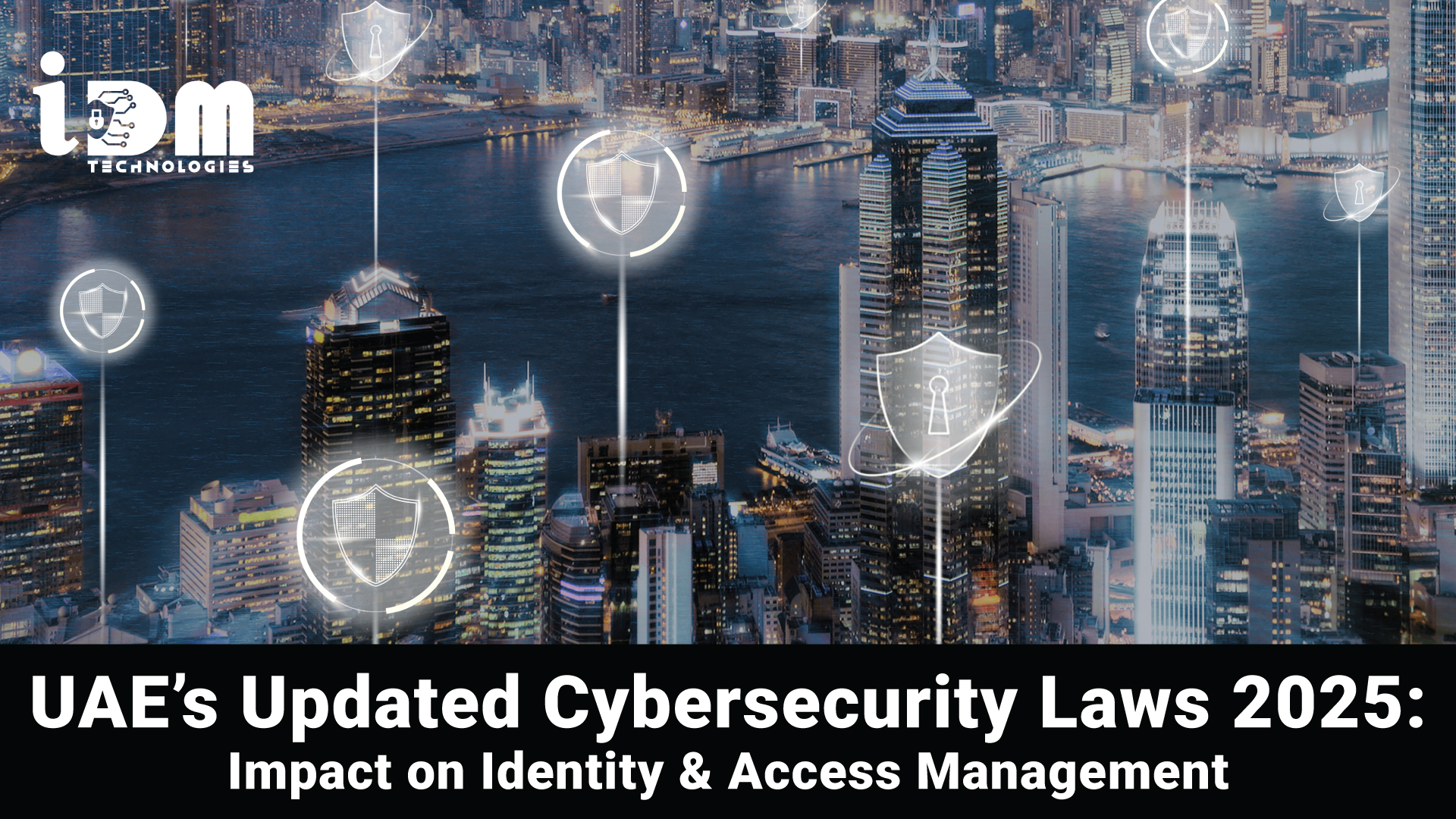
In 2025, the UAE has reinforced its position as a global leader in digital security by updating its Cybersecurity and Data Protection Laws. With the nation’s rapid adoption of smart city initiatives, AI-driven services, and digital-first governance, protecting digital identities has never been more critical. For UAE businesses, these legal updates not only raise the bar for security compliance but also emphasize the importance of robust Identity and Access Management (IAM) strategies.

In 2025, the UAE has reinforced its position as a global leader in digital security by updating its Cybersecurity and Data Protection Laws. With the nation’s rapid adoption of smart city initiatives, AI-driven services, and digital-first governance, protecting digital identities has never been more critical. For UAE businesses, these legal updates not only raise the bar for security compliance but also emphasize the importance of robust Identity and Access Management (IAM) strategies.
The updated regulations focus on four key areas:
Identity and Access Management sits at the core of these new compliance requirements. With IAM solutions, businesses can:
To comply with the 2025 updates and safeguard their operations, UAE organizations should:
The UAE’s updated cybersecurity laws reflect the nation’s commitment to a safe, resilient digital economy. By prioritizing Identity and Access Management, organizations can not only stay compliant but also build trust with customers, partners, and regulators. At IDM Technologies, we help businesses across the Emirates design and implement future-ready IAM solutions that align with both regulatory mandates and operational needs.
Our experts will be in touch with you shortly.